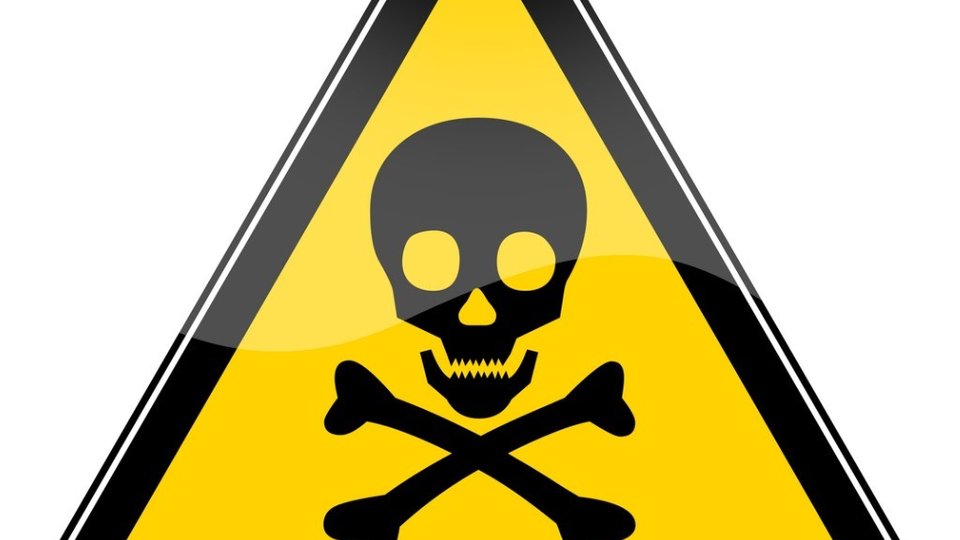Customer Experience
Packaging at Burger King, Freshii, McDonald's tests positive for potentially toxic chemicals

August 7, 2020
Packaging from Burger King, Cava, Freshii, McDonald's, Sweetgreen and Wendy's contained potentially toxic "forever" chemicals that may cause cancer and other problems, according to a study conducted by the Mind the Store campaign and Toxic-Free Future. The research — conducted by an independent lab for the two organizations — found that nearly half of the takeout food packaging it tested contained the chemicals and each brand had at least one piece of packaging likely to contain per- and polyfluoroalkyl substances, or PFAS, which are hazardous to health, according to saferchemicals.org. Freshii, Cava and Sweetgreen salad bowls showed contamination, as did McDonald's "Big Mac" containers and Burger King's "Whopper" wrappers.
The study said four out of the six food chains didn't have public chemical policies around PFAS in their packaging, but Cava said it would rid its packaging of PFAS by the middle of next year, according to saferchemicals.org. The orgranization also said that Sweetgreen recently said it was phasing PFAS out of its bowls by the end of 2020, with PFAS-free bowls already being used in one "market." Taco Bell, Panera Bread and Chipotle have also previously committed to getting rid of the substances in their packaging, the organization said.
The study said fluorine levels — a sign of PFAS packaging treatment — were high in paper bags used for oily food, as well as molded fiber bowls and trays. Paperboard containers, however, the cartons and clamshells used for fried foods and desserts at burger chains, were regularly free of hazardous substances.
PFAS exposure can weaken the immune system and lead to cancer, liver damage, decreased fertility and asthma," according to former National Institute of Environmental Health Sciences and National Toxicology Program Director Linda S. Birnbaum.
"PFAS chemicals don't ever break down," she said. "They permanently remain in the environment and easily move into people, persisting in our bodies."
The study used an independent lab to measure fluorine in 38 packaging samples collected from 16 locations (six chains) between January and February in and around New York City, Seattle and Washington, D.C.
PFAS are used to help packaging resist stains, grease and liquids, but toxic-level exposure continues after packaging is thrown away making it possible for them to make their way back into drinking water.
The Mind the Store campaign challenges large retailers to eliminate toxic chemicals, and Toxic-Free Future is a Seattle-based organization that advocates for the use of safer products, chemicals, and practices through advanced research, advocacy, grassroots organizing and consumer engagement.
 ChatGPT
ChatGPT Grok
Grok Perplexity
Perplexity Claude
Claude





